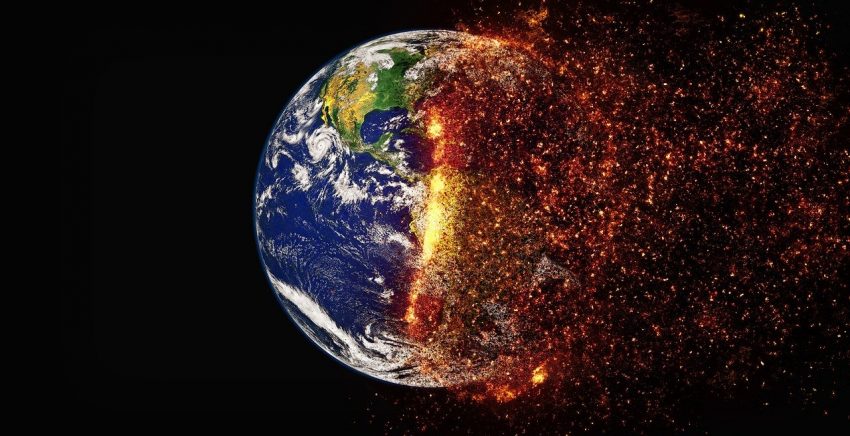Earth brings us all that we need; it can be a paradise. When we look at the other planets surrounding Earth, all of which have a feature or two that makes it impossible for humans to live there. Mars has a degree of toxicity that humans will not be able to bear, and Venus, with its dry air and hot climate, even the earth microorganism meant to survive hot weather, will not survive there.
What Makes Earth The Perfect Planet?
Plate tectonics is “a scientific theory that explains how major land-forms are created due to Earth’s subterranean movements”. Plate directs the carbonate-silicate cycle, which regulates the amount of carbon dioxide that enters our atmosphere.

It is very important as carbon dioxide is a greenhouse gas, which means that plate tectonics traps the heat and cools down the Earth, acting as a blanket. Because if there is no regulation, the Earth’s surface will get hotter and hotter.
As the Earth gets hot, it will rain, removing carbon dioxide from the atmosphere. This allows the Earth to cool back down.
When it is cold, carbon dioxide gets out of the ground to heat the planet. This is why the Earth has to duck its snowball episodes.
This ongoing cycle will allow the Earth to have the ideal temperature to avoid destruction.
What Could Destroy A Planet?
- Atmosphere and water loss.
- Steamball or dry roasted planet.
- Snowball
Atmosphere And Water Loss

How can a planet lose its atmosphere? If gas molecules move too fast, gravity cannot hold onto them. And now you may be asking, but how do gas molecules speed up? It is easy either they become lighter, or they heat up.
A planet can also dry up and lose all of its water. We won’t use the term ‘dry up’ as the only way a planet will lose its water is by absorbing it. As you may already know, there are different layers in the Earth, and the rocks in a planet’s mantle are like sponges. They can soak up water.
The Earth’s mantle can soak up to ten times as much water as Earth. Imagine a planet is an even more thirsty mantle that sucks up all the water and never comes back to the surface? This is what will be called a water loss.
Heating Or Overheating
The greenhouse effect is something you’ve heard about. You may have heard that it’s a terrible thing. It isn’t: the Earth needs some greenhouse warming to avert a deep cold. Right now, the temperature is around 35 degrees. We just don’t require any more (which is why humans dumping greenhouse gases into the atmosphere is not good).
It is the concentration of greenhouse gases that is important for the good temperature of a planet. As mentioned above, it is a cycle that keeps the temperature balance. This is why we now have the phenomenon of global warming, where there is an increase of carbon dioxide and other greenhouse gases in the atmosphere.
Global Freeze

Have you ever gone skiing? Have you ever been burned by the snow? Finding yourself with red cheeks and nose? This is something that almost everyone who lives in a very cold region has to go through…
Have you ever heard of the albedo effect? It is when light surfaces reflect more heat than dark ones. When the Earth’s temperature dropped because of its orbit around the Sun and the tilt of the axis, the ice sheets grew. This caused more heat to be reflected and the ice sheets to expand further.
This will cause more ice covers, especially over the oceans. It is claimed that the Earth could have gone through some global freeze in the past.
Most of the time, it is a cycle that will kill a planet, and normally it is a natural cycle repeated by the weather itself. Let us know in the comments what you think about these ways…

